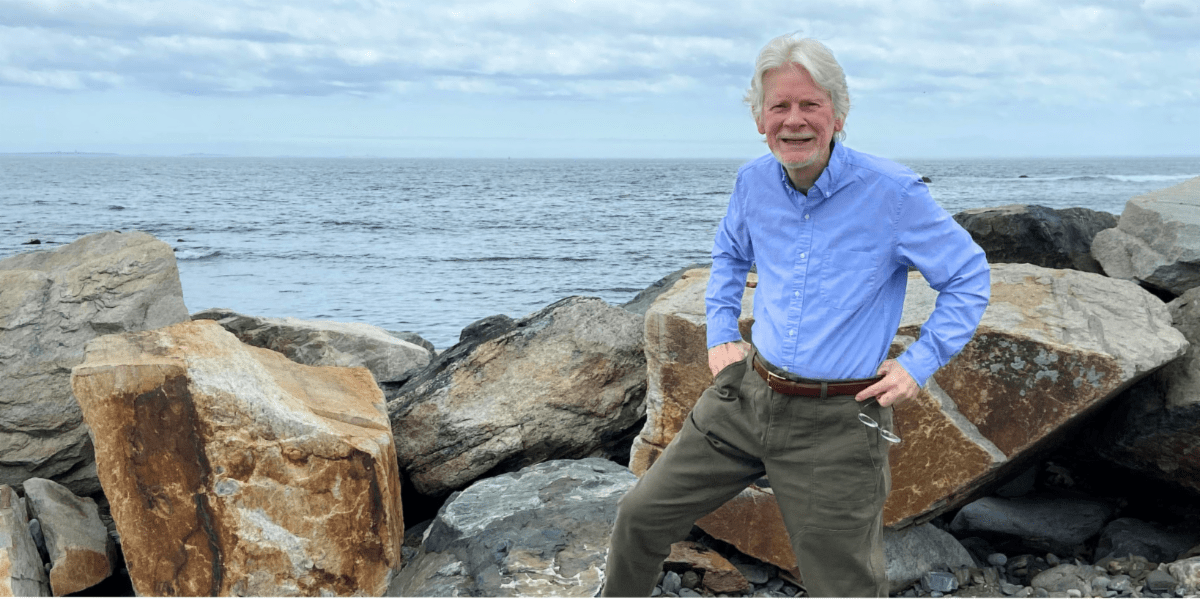
A Donor’s Story by Richard E. Merritt
My heart and passion for racial equity was largely shaped by my participation in ACT’s Racial Equity Learning Lab pilot program back in Oct. 2019. Over the course of six months, the Learning Lab gave me a much deeper understanding of my life of privilege and how it impacted people of color. Perhaps most importantly, I developed a greater sense of empathy through authentic interactions with several cross-racial friendships I did not have before.
The inspiration behind the idea the Fund for Racial Equity grew out of discussions with colleagues and friends I made through the Learning Lab. Once the pilot program ended, a group of us agreed to carry the enthusiasm for action forward with a monthly Zoom conversation to advance racial equity in the City.
It was in the fall of 2020 that I, along with 400 others from around the region, attended a meeting on Racial Equity over Zoom. Somewhere early into the presentations, I noticed a question in the chat box from a deputy city manager (who was African American): “Why are all these racial equity forums sponsored and led exclusively by Blacks?” She, of course, had no way of knowing I was attending, but I nevertheless felt like her question was directed right at me.
I remember thinking to myself, she’s absolutely right. Based on my Learning Lab experience, as well as my readings on Black history, I have come to believe that racism is fundamentally a White problem. It was created and sustained by White people (a few of them my ancestors), and hence, the responsibility for change relies predominately with my race, not hers.
The Fund for Racial Equity also grew out of my experience as a member of the Public Health Advisory Commission. I was already familiar with some of the deeply rooted racial inequities in health care, particularly disparities between Blacks to Whites in premature death in the City. (Specifically, Black adults are at almost 100 percent increased risk of premature death – 75 years or younger – than their White counterparts.) I began to think strategically what it would take to narrow the gap in premature death rates.
An equity approach recognizes that persistent disparities – products of generations of systemic racism and unfairness – will not be solved without intentionally targeting resources, opportunities, and power to communities that have been marginalized.
I have no doubt that my idea for a Racial Equity Fund would never have materialized without my relationship – especially the Learning Lab – with ACT. As the first donor to ACT’s Racial Equity Fund, I am proud to have made a meaningful contribution by dedicating 1% of my net worth as well as designating ACT as a beneficiary to my IRA. Though I’m not wealthy, I knew I could do something to help the City of Alexandria ensure that everyone has an equal opportunity to live a long and healthy life.
My goal for the Fund would be to ensure a significant and sustainable source of funding for non-profit organizations doing exemplary work to reduce the most “deeply rooted” racial disparities and inequities in the City. As I go first, I hope other donors will catch the vision and support the Fund for Racial Equity, confidently believing that it will make Alexandria a more racially equitable place for their children and generations to come.
Richard E. Merritt is a resident of Alexandria for 30 years and a Living Legend of Alexandria. Has served on the Public Health Commission for almost 20 years and is a member of ACT’s Advisory Committee on Racial Equity.
October, 2023